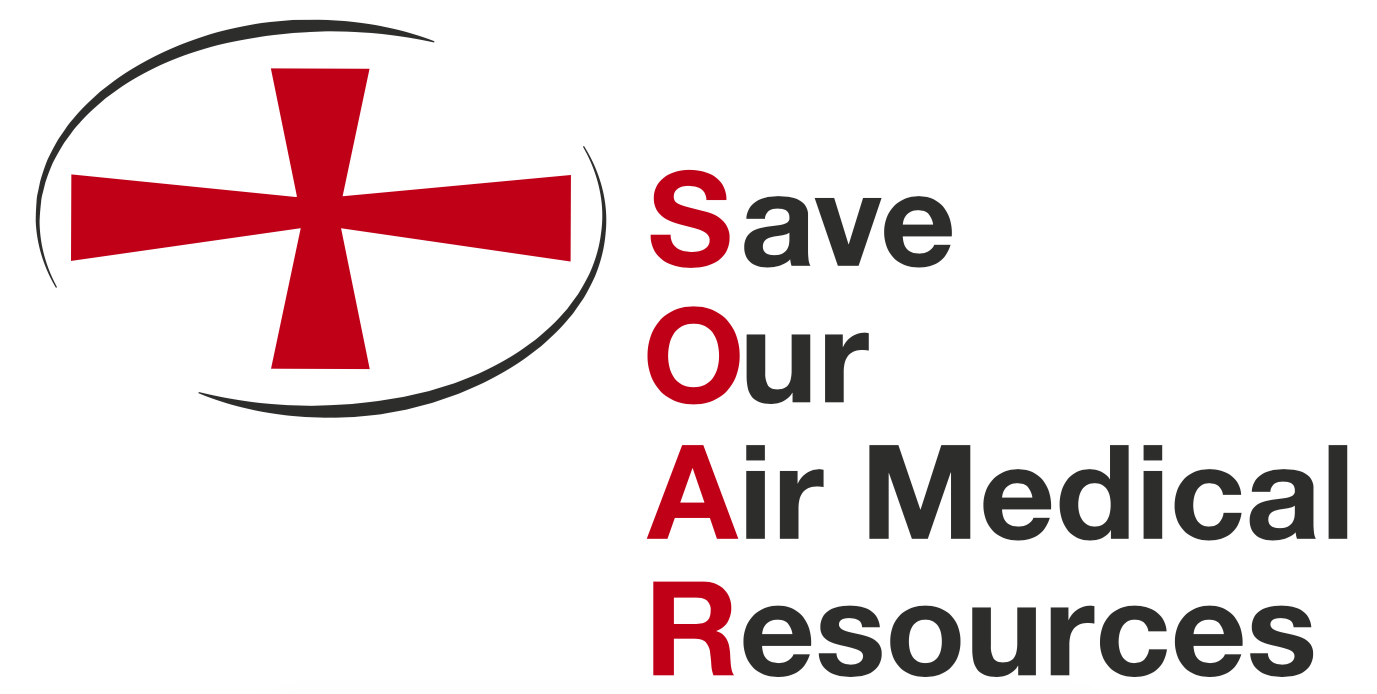Link to letter found here:
Dear Chairman Alexander and Ranking Member Murray:
We agree that patients should not receive “surprise” bills because bad actors in the insurance industry force insured patients into reimbursement disputes that should be between healthcare providers and insurers. We support efforts to ensure patients in need of emergency medical services across America, especially in rural areas where hospitals are closing at an alarming rate, have access to emergency air ambulance services without their insurance companies sticking them with the bill.
Unfortunately, we find it necessary to correct three misleading accusations a number of insurance commissioners sent you in a letter on September 4th.
1. The laws in North Dakota did not affect access to care, because they were overturned by the courts.
The Commissioners claim that they have “learned from the experience of North Dakota,” where the legislature passed laws in 2015 and 2017 regulating air ambulance rates, but air ambulance providers did not leave the state.
The Commissioners fail to mention that both laws were immediately overturned by the courts, as Mr. Jon Godfread, the Commissioner from North Dakota and lead signatory of this letter, should know well—he was the defendant who lost this case in January of 2019:
“The Court concludes, as a matter of law, that Section 26.1-47-09(3) of the North Dakota Century Code is preempted by the Airline Deregulation Act of 1978. . . . Congress has assumed the field in the area of air carrier regulation. Insurance regulation remains the province of the states. If the State wishes to protect patients who need air ambulance services it would do well to mandate insurance providers pay a larger percentage of the charges rather than trying to regulate how much the air ambulance bills for its services.”
Guardian Flight, LLC v. Godfread, 359 F. Supp. 3d 744, 755 (D.N.D. 2019) (emphasis added).
While this decision is under appeal, the industry is confident it will again be upheld, and this iteration of the law will be rendered permanently unenforceable. North Dakota similarly lost in the courts over its 2015 law. (See Valley Med Flight, Inc. v. Dwelle, 171 F. Supp. 3d 930, 947 (D.N.D. 2016)).
Air ambulance companies in North Dakota have made a business decision to accept temporary losses, on some flights, to ensure continued coverage for North Dakotans in need of emergency care, while this temporary issue was resolved. That is very different from claiming a cap on emergency air ambulance reimbursement would not affect access to care in rural America. Over 35 air medical bases have closed across the United States this year [2019] alone, most of them in rural areas, citing low reimbursement rates as the factor driving them to close. Mandating lower reimbursement guarantees will cause many more to close.
2. Air ambulance companies want to negotiate in-network agreements. Some insurance companies simply refuse to enter those negotiations.
All of the major emergency air ambulance providers are working diligently to negotiate, in good faith, to go in-network with insurance companies around the United States, with marked success in recent years, while the Commissioners’ letter makes unsubstantiated claims to the contrary. We have attached two examples of letters the emergency air ambulance industry has received from insurance companies refusing to even enter into negotiations for in-network agreements. (See attached.)
3. Insurance companies who deny critical emergency air ambulance transportation services create balance bills.
Emergency Air Ambulances only respond to requests that come from a physician or medically-trained first responder who determines the patient’s situation is so dire there is no other appropriate choice. Almost half of all claims for out-of-network emergency transports are immediately denied for medical necessity, a business strategy some insurance companies use to negotiate lower reimbursement rates.
This insurance company denial or dramatic underpayment is the tactic that leads to patients receiving balance bills. Insurance companies then force emergency air ambulance companies to work with the insured patient to appeal unreasonable denials for medical necessity to their insurance carrier. Balance bills are not an air ambulance business model; they are a strategic decision by some bad actors in the insurance industry to avoid paying a reasonable rate for emergency services.
A Federal Solution should be balanced, and should encourage the market to work.
We agree insurance companies should not put insured patients in the middle of negotiations with healthcare providers by sticking them with balance bills. We want to ensure people in rural America have access to trauma centers when their lives and future wellbeing are at risk. As more critical access hospitals close across the United States, emergency air ambulances become the only link for people in those areas to reach life-saving emergency medical services in a timely manner.
Instead of establishing arbitrary median in-network rates, data from both insurers and providers should be collected and analyzed. Meaningful and sustainable legislation can only be introduced once the real cost of service is known. An integral first step of this process is to begin the work of the Department of Transportation Advisory Committee as enacted by Congress last year, which we hope will be underway soon.
We support a federal solution that encourages the market to work and incentivizes both sides, insurance companies and emergency air ambulance providers, to come to the table to negotiate fair in-network agreements. Unfortunately, the current language in the Lower Health Care Costs Act sets rates that will force more bases to close, further limiting access to emergency medical care in rural America.
We look forward to working with you on a solution that protects patients’ lives, ensures network adequacy, and protects patients from balance bills.
Sincerely,
Richard Sherlock Carter Johnson
President and CEO Spokesperson
Association of Air Medical Services Save Our Air Medical Resources Campaign

